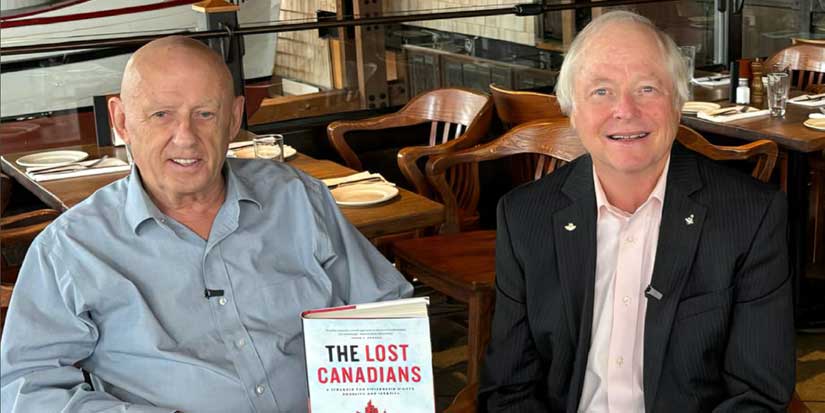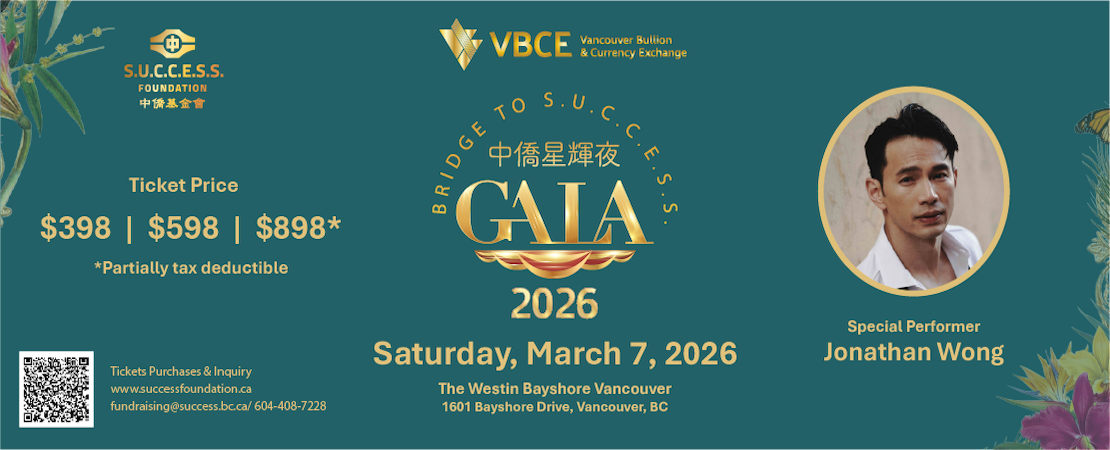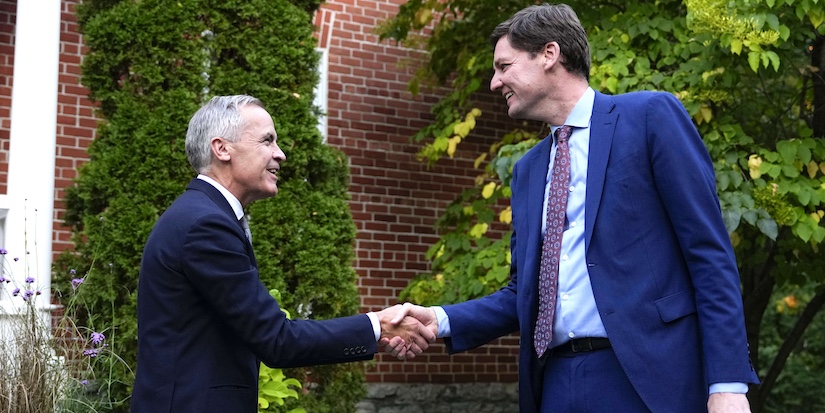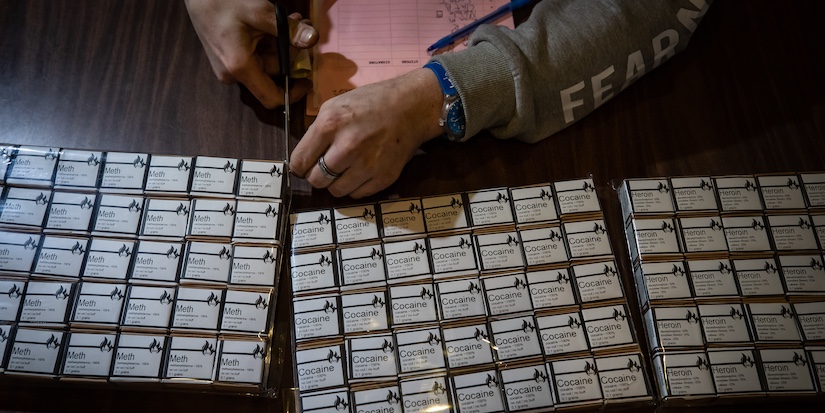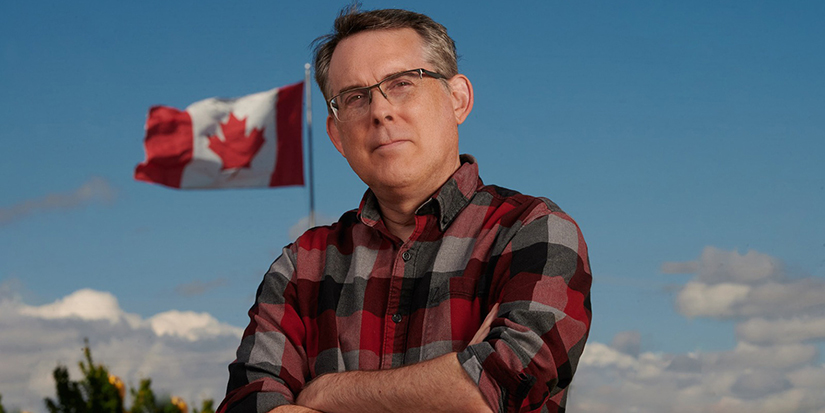Latest News
The lost Canadians a struggle for citizenship rights

Published 11:49 PDT, Fri September 26, 2025
—
When Vancouver-born Don Chapman was six years old, he was stripped of his Canadian citizenship, thanks to an arcane provision of the 1947 Canadian Citizenship Act. Years later, he was stunned to discover that he was not a Canadian citizen so he began his David and Goliath battle to change Canada's discriminatory citizenship laws. He's since become the voice for hundreds of thousands of others like himself, now collectively known as the “lost Canadians”.
Children born on military bases overseas were affected, as were tens of thousands of Second World War brides and their children. Perhaps the most stunning of all: Canada didn’t recognize some living Second World War veterans as citizens. In riveting, hard-hitting prose, Chapman describes his fight to rectify this deep social injustice. He renders in heartbreaking detail the stories of “lost Canadians” who've had their identities torn from them.
After decades, Don's quest has restored citizenship to around one million people. He's been fighting the government ever since, becoming the face of the Canadian citizenship rights movement. He coined the phrase “lost Canadians" that is now used widely to describe other Canadians in his position. He has testified several times before both the House and Senate and has been interviewed by major media outlets around the world and has spoken at various universities and organizations worldwide.
In a recent interview on Our City Tonight with David McCann (DMc) he introduced us to his colleague Don Chapman (DC) who shared a very interesting story that needs to be told.
DMc: “I first met Don Chapman when I was at an induction ceremony to receive Officer of the Order of Canada from the Governor General and Don was receiving a Meritorious Service Cross. Don shared a story with me that is very near and dear to my heart and my family’s heart. My father was born in Ontario and served in the Second World War. He met my mother in London, England who was born and raised in London, they fell in love and were married in London, while he was still in the armed forces. My sister was born in London and when the war ended, they moved to Ottawa where I was born. The Canadian government at that time announced upon arrival that all war brides were considered Canadian citizens. So, my family lived all these years believing this to be true. I will be forever grateful to Don Chapman for helping my mother and sister to achieve their Canadian citizenship and to think this all came from a chance meeting with a perfect stranger who has done this act of kindness along with Jacqueline Scott for almost a million other Canadians”.
RS: Don, can you explain this incredible story and why you became the author of The Lost Canadians.
DC: “Up until a few years ago, most Canadians had never heard of the term “lost Canadians” which affected a million people who were being denied their Canadian citizenship, mainly due to an outdated Canada’s citizenship law.”
DMc: “I’m so delighted that Don came into my life and my family owes him a debt of gratitude. My mother is buried beside my father in Ontario as a Canadian citizen through Don’s efforts.”
RS: If I were to ask ten Canadians if they knew about the “lost Canadians”, would they know?
DC: “Possibly most would have an idea, but it wouldn’t be accurate. First, it’s not just the Canadian public but also parliamentarians as well. Even though this welcome statement to war brides was given—the law on the books was never updated.”
RS: David in your family’s case your mother and sister lived all these years not knowing they were not Canadian citizens. Bill C-37 was passed but unknown to so many—is that correct?
Note: The "War Brides Bill" Bill C-37 was passed in 2009, which was designed to restore Canadian citizenship to many individuals who had unknowingly lost it, including Canadian war brides and their children who were affected by outdated provisions in earlier citizenship laws. These individuals often considered themselves Canadian but found themselves without proof of citizenship when applying for government services, leading to complications and potential loss of entitlements. Bill C-37 aimed to resolve these issues and grant citizenship retroactively to most affected individuals. Library of Parliament
A second Bill C-24 has been used for different legislative purposes at different times, with the most prominent being the Strengthening Canadian Citizenship Act of 2014, which significantly changed the Citizenship Act to update eligibility, strengthen security measures, and allow for the revocation of citizenship in certain cases for dual citizens. Library of Parliament
DMc: “I’d like to introduce you to Jacqueline Jackie Scott (JS), whose story is very similar to mine.”
JS: “In 2004, I needed to find my citizenship certificate as my mother did not keep any of our family documents. I wrote to the government asking for this document and a year later I received a letter back saying I wasn’t a Canadian. My father was a Canadian citizen who was a soldier in the Second World War. He met my mother in London, England they fell in love but, were told they could not marry while he was still in the service, so I was born pre-marriage. It was only 10 years ago that I discovered that I was not officially a Canadian, even though I was raised in Canada by my Canadian father. I decided to take my case to a Federal Court in Vancouver and launched a legal fight for Canadian citizenship that could set a precedent for those who call themselves “lost Canadians”. The Judge was prepared to rule in my favour but his decision would not help others in my situation, so I decided I couldn’t do this just for me, that the decision had to be for everyone in my position.”
Chapman, an advocate working with Scott, believes Scott's case challenged the government's reluctance to recognize many other so-called “lost Canadians.” Jackie Scott’s Application Record was filed March 26, 2013—people in her situation were recognized through Bill C-24 and Bill C-37.
Don Chapman is the author of the The Lost Canadians.
